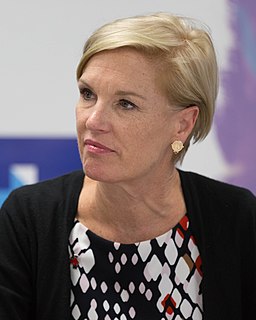A Quote by Amy Irving
When my career first began, I didn't have children - so there's a whole lot of difference in the way I choose roles now. Not just films for my children, but how long I'm going to be away, and is Dad going to be home while I'm gone. That sort-of factor plays a part.
Related Quotes
I've only really had one period when I lost myself and felt like I was going to lose my career, and that was when I first began presenting 'X-Factor' spin-off 'The Xtra Factor' two years ago. I was worried if I did a rubbish job live on Saturday night TV that my music career was going to get affected and I would lose everything.
The most important difference between these early American families and our own is that early families constituted economic unitsin which all members, from young children on up, played important productive roles within the household. The prosperity of the whole family depended on how well husband, wife, and children could manage and cultivate the land. Children were essential to this family enterprise from age six or so until their twenties, when they left home.
Some of the old diseases that we think are gone - case in point, measles - are back, now that somebody has spread around, in a very wicked way, the idea that these inoculations were making children autistic. Now we're getting outbreaks that are killing children. The end result is, if you create a population that lacks immunity, and diseases are still there, you're going to get outbreaks and you're going to get death.
Investing in [children] is not a national luxury or a national choice. It's a national necessity. If the foundation of your house is crumbling, you don't say you can't afford to fix it while you're building astronomically expensive fences to protect it from outside enemies. The issue is not are we going to pay - it's are we going to pay now, up front, or are we going to pay a whole lot more later on.
Come little children I'll take thee away, into a land of Enchantment Come little children the time's come to play here in my garden of Shadows Follow sweet children I'll show thee the way through all the pain and the Sorrows Weep not poor childlen for life is this way murdering beauty and Passions Hush now dear children it must be this way to weary of life and Deceptions Rest now my children for soon we'll away into the calm and the Quiet Come little children I'll take thee away, into a land of Enchantment Come little children the time's come to play here in my garden of Shadows
I think, at the end of the century we'll have a generation of parents and a generation of children who won't have had the deep satisfactions of being parents and being children in the way that they might have and are going to spend a lot of time fretting and worrying and being hovered over for nothing. The question isn't so much "What will happen in the long run?" but "What's happening to people's lives right now?"
The only time I think about life beyond F1 is when I contemplate becoming a dad. But there's no way that's going to happen while I'm still racing. To be successful in F1 you need to be very selfish in lots of ways and you're away from home for long periods. That's not the kind of father I want to be.
Another way of working is setting deliberate constraints that aren't musical ones - like saying, "Well, this piece is going to be three minutes and nineteen seconds long and it's going to have changes here, here and here, and there's going to be a convolution of events here, and there's going to be a very fast rhythm here with a very slow moving part over the top of it." Those are the sort of visual ideas that I can draw out on graph paper. I've done a lot of film music this way.




































